Good hydration is essential for everyone, but it’s especially crucial for those frequently engaging in intense workouts. This article addresses hydration for athletes and how it differs from regular, everyday hydration. We’ll discuss pre- and post-workout hydration, what happens when you’re not adequately hydrated, and what to drink for optimal hydration.

Why Hydration Matters for Athletes
When it comes to staying hydrated during workouts, bringing your water bottle with you doesn’t cut it. Dehydration symptoms in athletes can be much more intense than simply feeling thirsty or light-headed. Poor hydration can result in muscle cramps, longer recovery times, and even serious injury and vomiting. This means it’s vital to keep your fluid intake constant by drinking plenty of water before, during, and after workouts.
How to Prepare Your Body for Physical Activity
To kickstart your workout, it’s generally advised to drink at least 16 ounces of water 2-4 hours before exercise. But it’s not just before exercise that you should be hydrating, as it’s important to support energy, performance, and a healthy weight by drinking water throughout the day. In addition to water, unsweetened iced tea, coconut water, herbal teas, and sparkling water are all great options.
Avoid sugary drinks, and if you consume caffeine, try to keep your daily intake under 400mg. Consuming large amounts of caffeine can lead to irritability, high blood pressure, and dehydration.
Maintaining Hydration for Peak Athletic Performance
During the workout, consume at least 8-16 ounces of water per hour. This will vary depending on how intense the exercise is, whether you sweat a lot, and how hot the temperatures are. Intense training, especially on hotter days, can increase your dehydration risk. Suppose you’re of larger stature or partaking in high-intensity interval training (HIIT). In that case, you may need to consume water on the upper end of the 8-16-ounce spectrum to maintain fluid levels.

Sports Drinks vs. Water
If you’re wondering whether electrolyte drinks for performance are necessary, research suggests specific situations in which sports drinks may offer benefits over plain water. Suppose you’re an endurance athlete partaking in activity lasting longer than 60 minutes, HIIT workouts that are more than 30 minutes, exercising in hot or humid conditions, or participating in back-to-back workouts within 12 hours. In that case, you may want to consider electrolyte supplements.
How Hydration Affects Athletic Recovery
After physical activity, drinking enough water is ideal to replace any fluid loss. In general, it’s best to aim for 16-24 ounces of water per pound of body weight lost through sweat. If you’re a heavy sweater, you may need more water than others close to your body weight.
While water is usually sufficient for optimal hydration, a sports drink may help you replenish the fluids and electrolytes lost if you engage in back-to-back training sessions with less than 12 hours in between. Proper hydration allows muscles to recover and repair more efficiently. It also helps the body to flush out any toxins that may have accumulated during intense workouts.
Tools for Monitoring Hydration
The most common indicators for monitoring hydration include waking weight, urine color, and thirst. Your waking weight should change no more than 1% between each day, and your urine color should be a light to pale yellow, like lemonade. Thirst level is measured by ‘yes or no’ when asked if you feel thirsty. If you answer ‘yes,’ this isn’t normal. If two or more indicators are out of the normal range, you’re most likely dehydrated.

Debunking Myths: Water vs. Sports Drinks
Now that we’ve discussed some differences between water and sports drinks let’s explore some myths about these two hydration methods:
1. Sports Drinks Keep You More Hydrated Than Water
While sports drinks can hydrate faster than water and increase water retention in certain circumstances, they’re not necessarily better than plain water.
2. Sports Drinks Increase Athletic Performance
While sports drinks have specific benefits for athletes, there’s no evidence that they will improve your performance in sports.
3. Sports Drinks Provide More Electrolytes
One of the most well-known claims is that sports drinks replenish your electrolytes after working out. While it’s technically accurate that many sports drinks contain essential minerals, most mainly contain sodium.
4. Sports Drinks Are Healthy for You
While sports drinks have some health benefits, like faster hydration, the amount of added sugars they contain makes them less healthy.
5. Sports Drinks Will Prevent Cramps
While hydration does help prevent cramps and sports drinks can contribute to this, one study from the Journal of Athletic Training found that 69% of participants developed leg cramps after intense exercise, even if they drank electrolytes beforehand.

Climate and Hydration Needs
When training in extreme conditions like heat, it’s even more crucial to be mindful of hydration levels. Pay attention to urine color, and drink around 12-20 ounces of hydrating fluids every twenty minutes during physical activity.
Hydrate the night before and incorporate electrolytes if you’re a heavy sweater or have a headache. Avoid energy drinks and alcohol leading up to the day of physical activity. Consider coconut water or hydrating fruits like watermelon and pineapple.
Balancing Science and Practical Hydration Practices
While the amount of fluids you consume to stay hydrated depends on your body weight, how active you are, whether you’re training in hot conditions, and how much salt you lose when sweating, it’s important to practice good hydration consistently, even on days when you’re not training.
Hydration is crucial before and during training and plays a vital role in the recovery process.
Support your goals with high-quality sports supplements from Ultimate Nutrition.
Plus, follow our fitness and lifestyle blog for the best nutritional tips.
The information provided in our articles are meant for informational and educational purposes exclusively and should not be considered as medical advice. It is essential to consult a healthcare professional before starting a new nutritional product and/or making significant changes to your diet and/or starting a new exercise regime. These products are not intended to diagnose, treat, cure, and/or prevent disease.

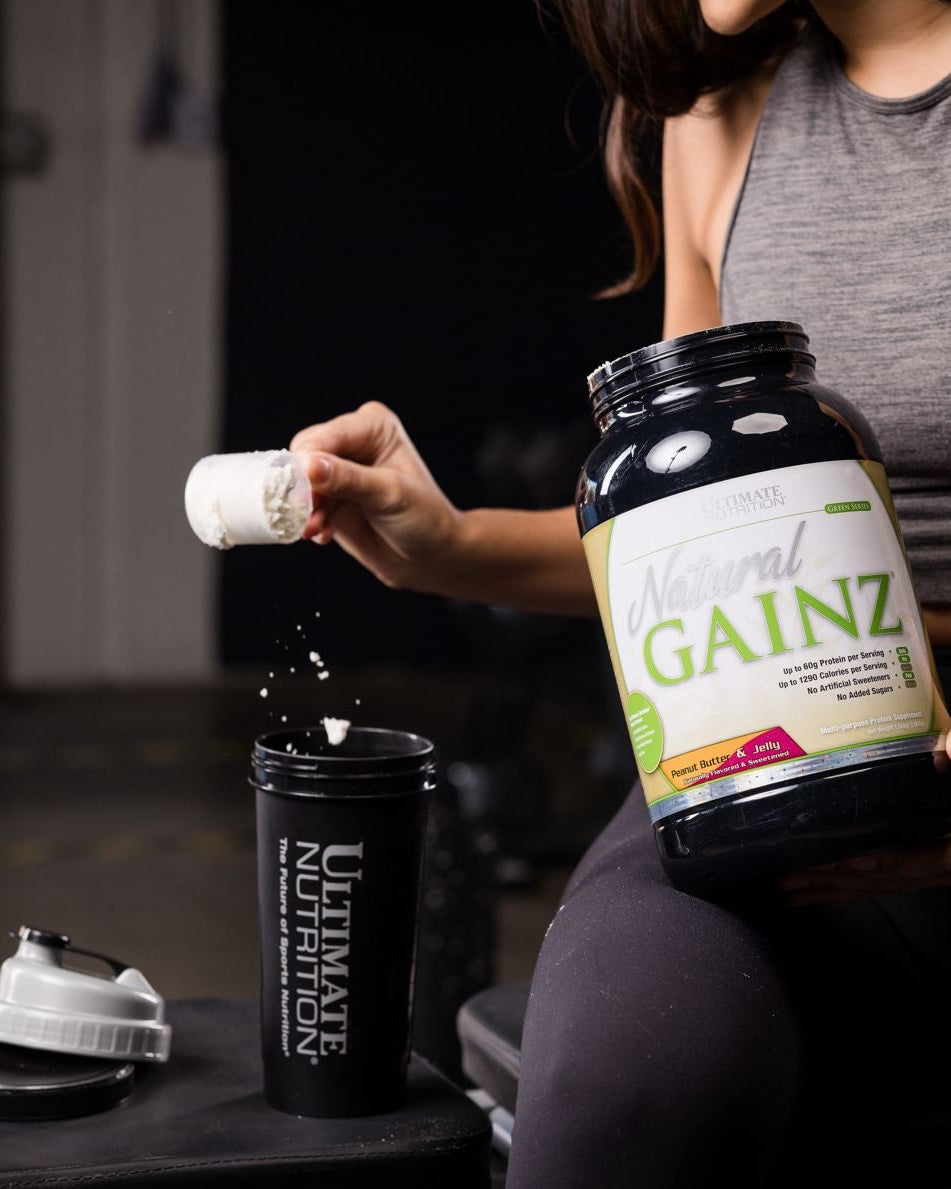
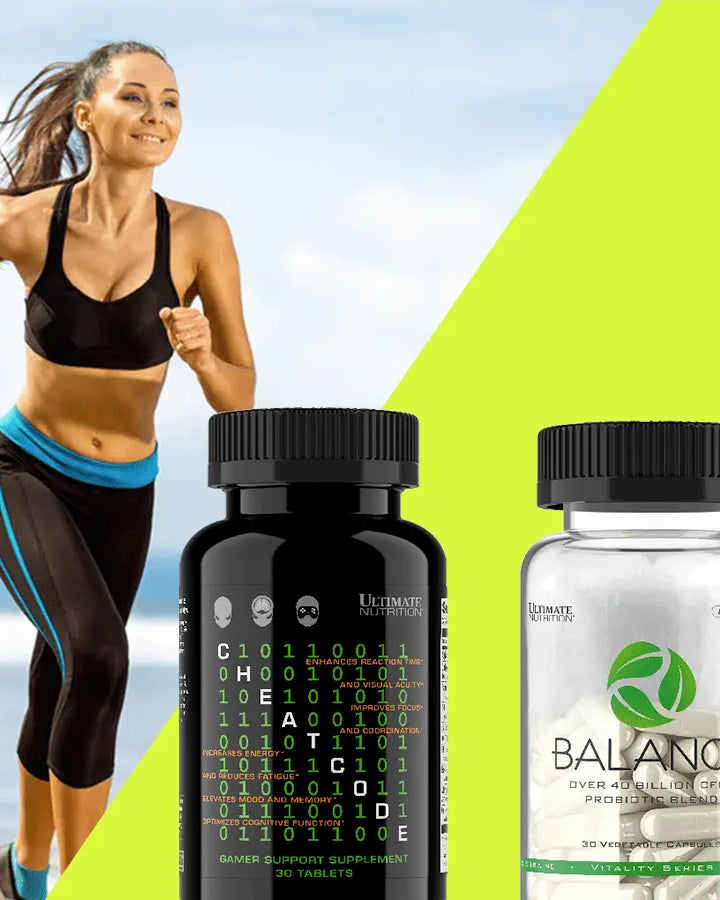
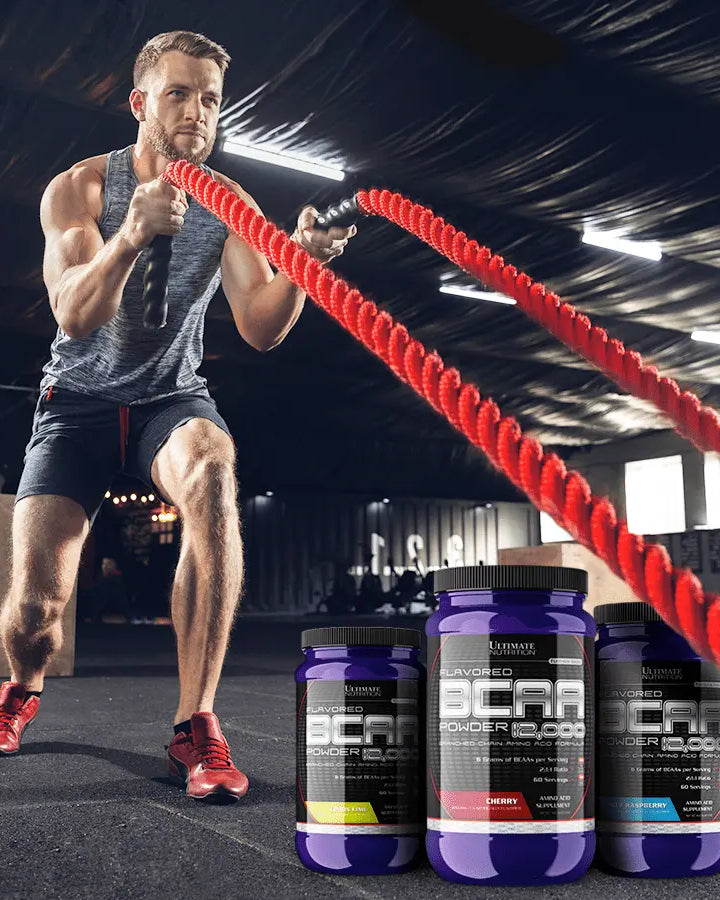
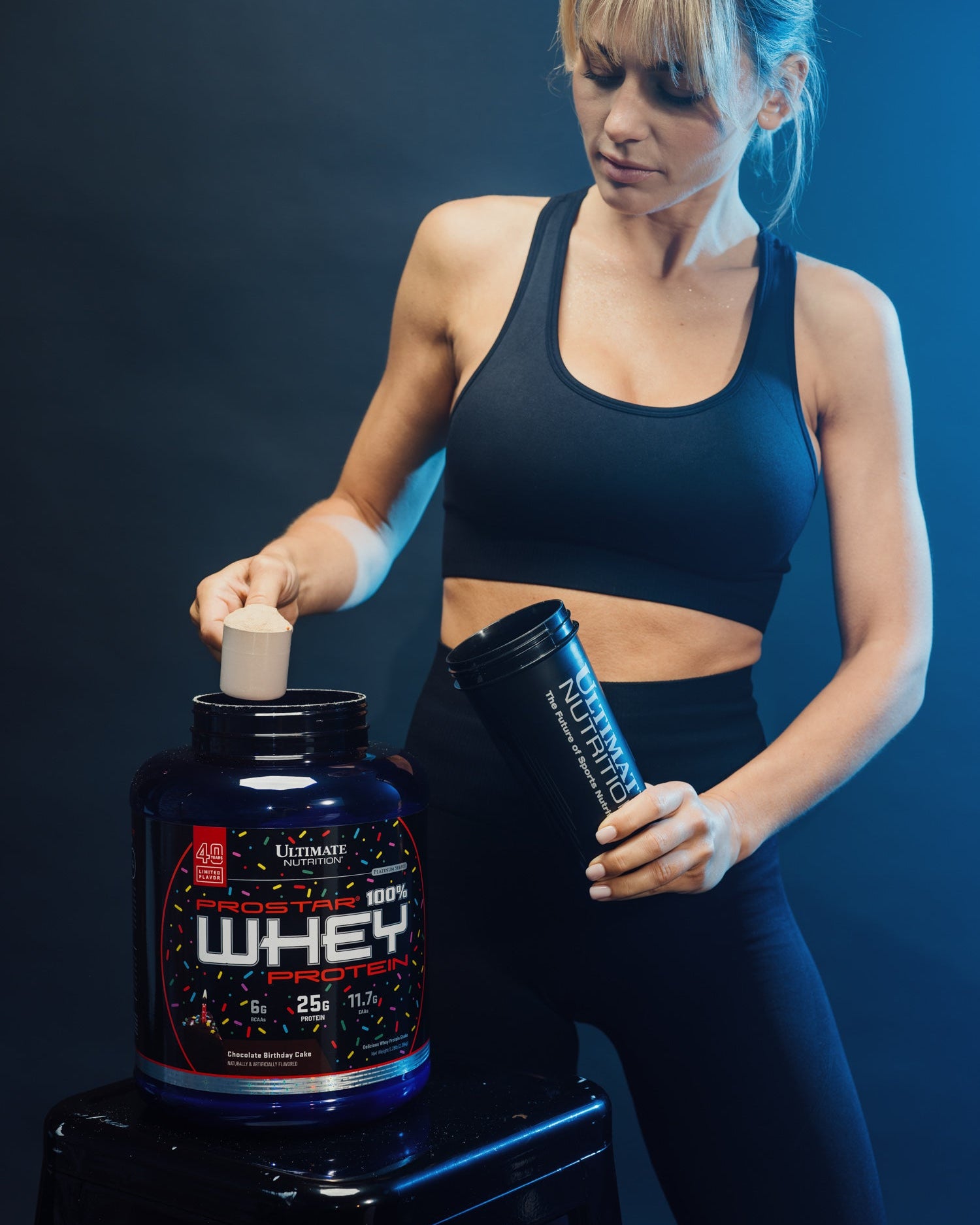
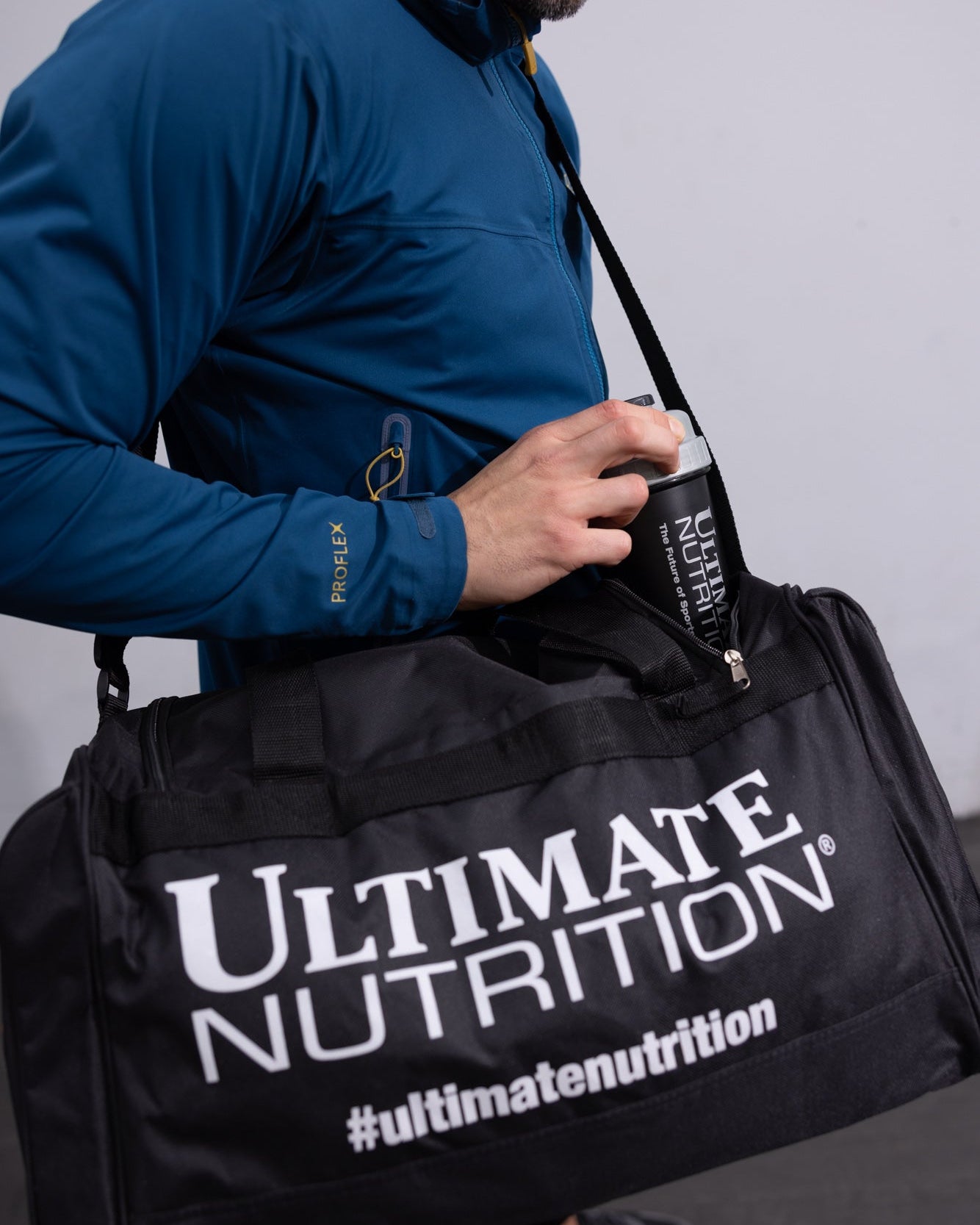
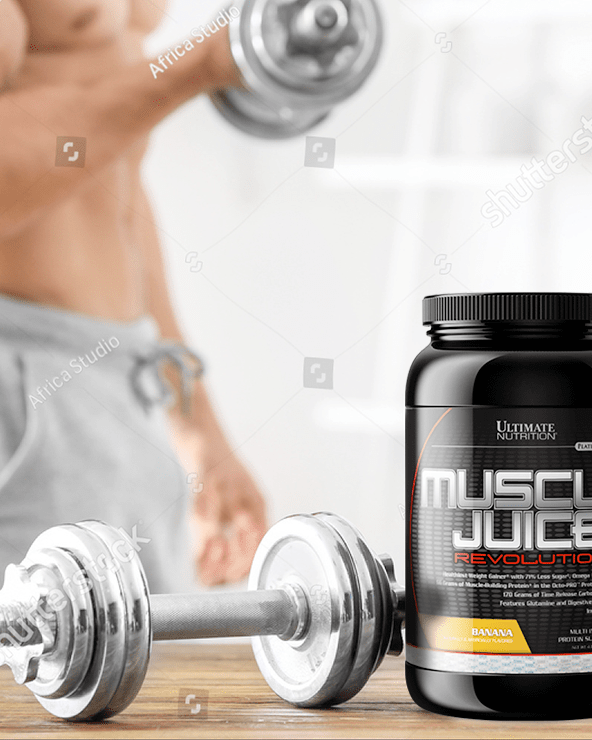
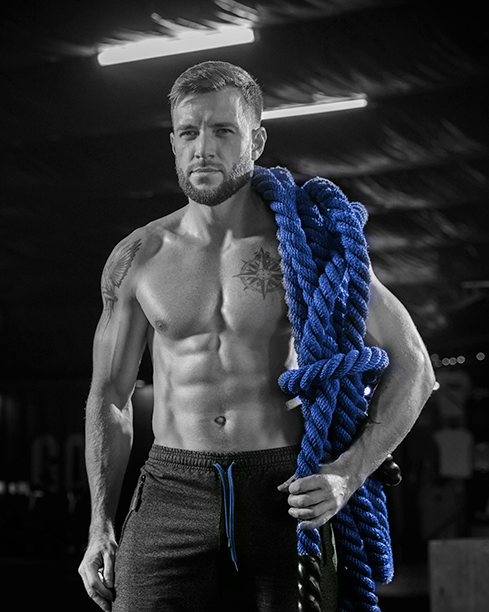
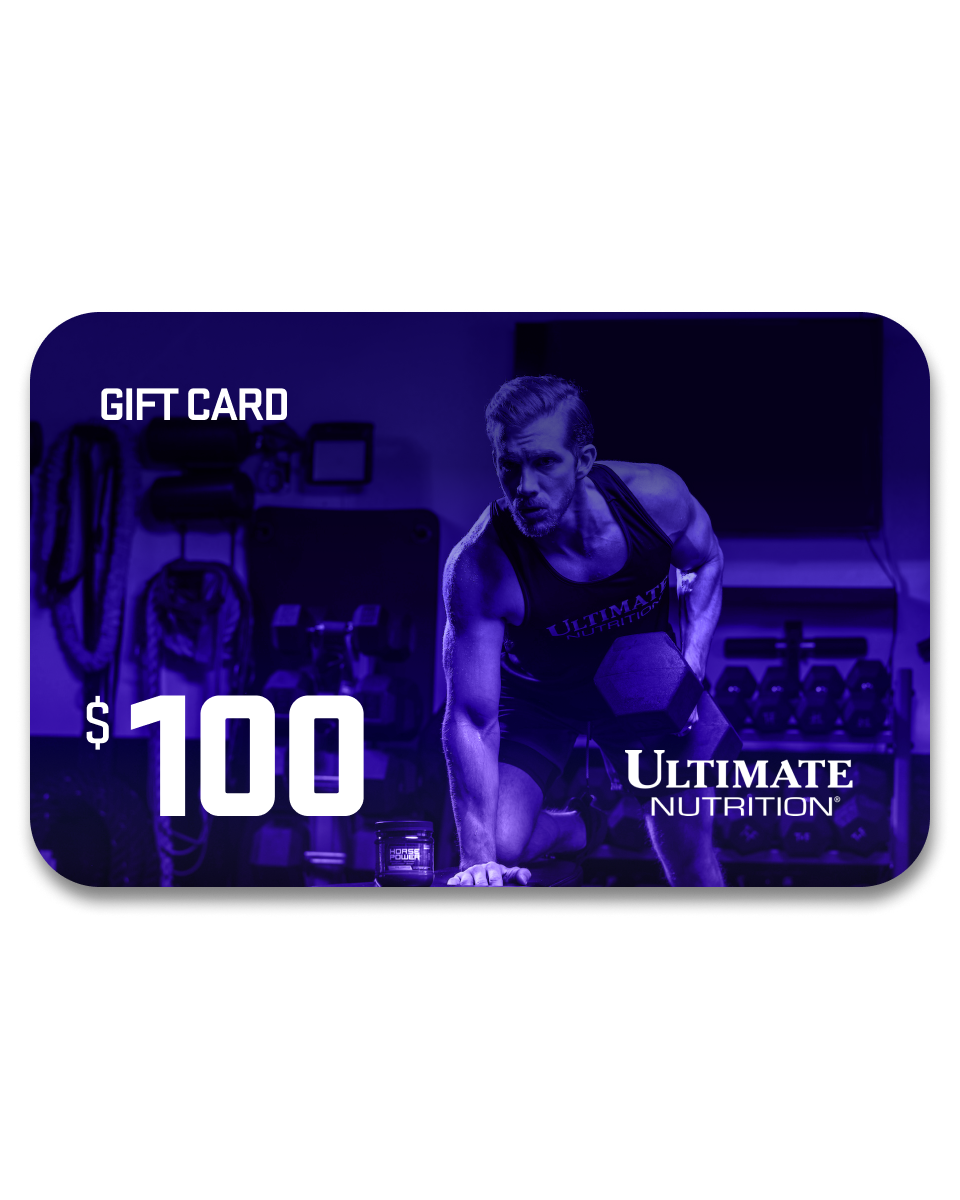
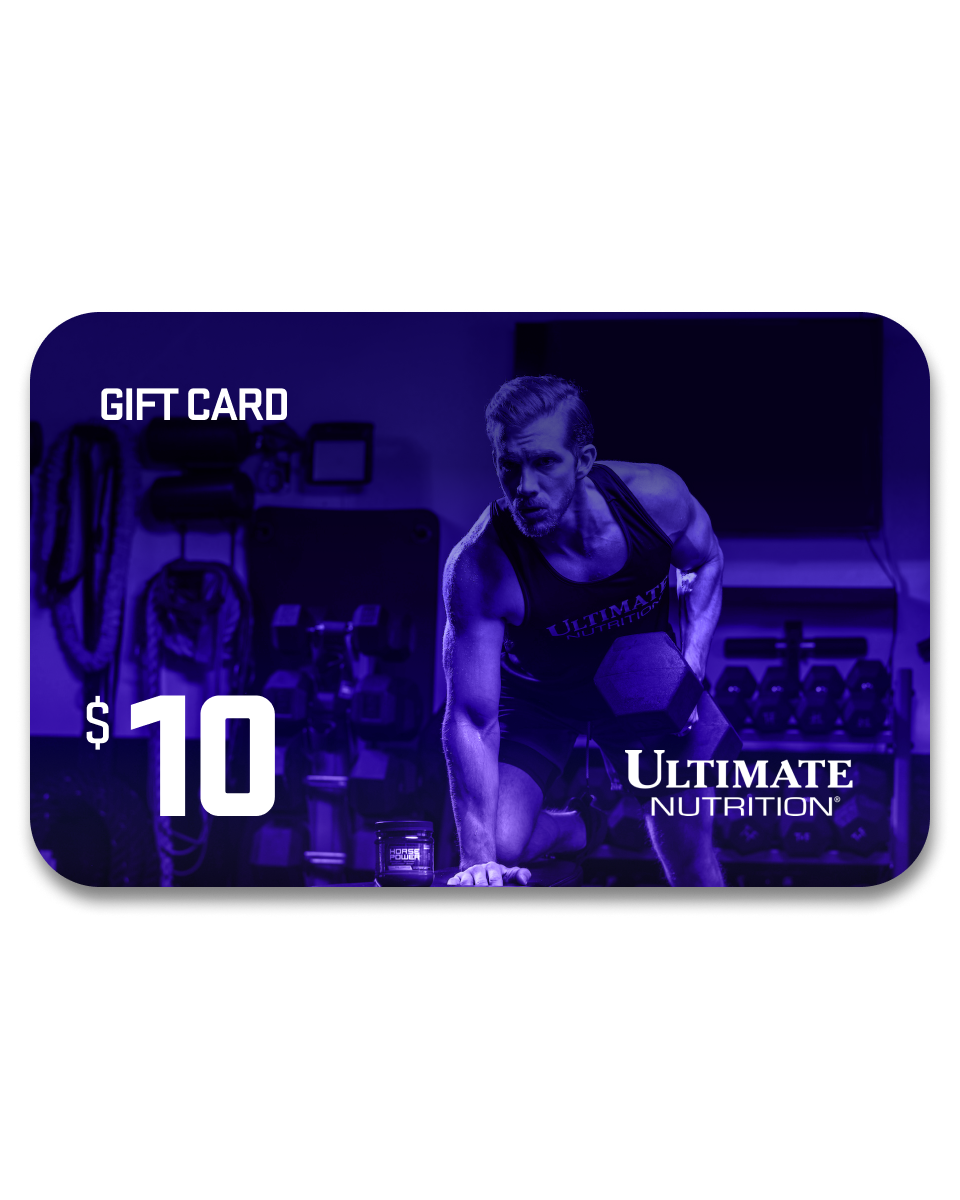
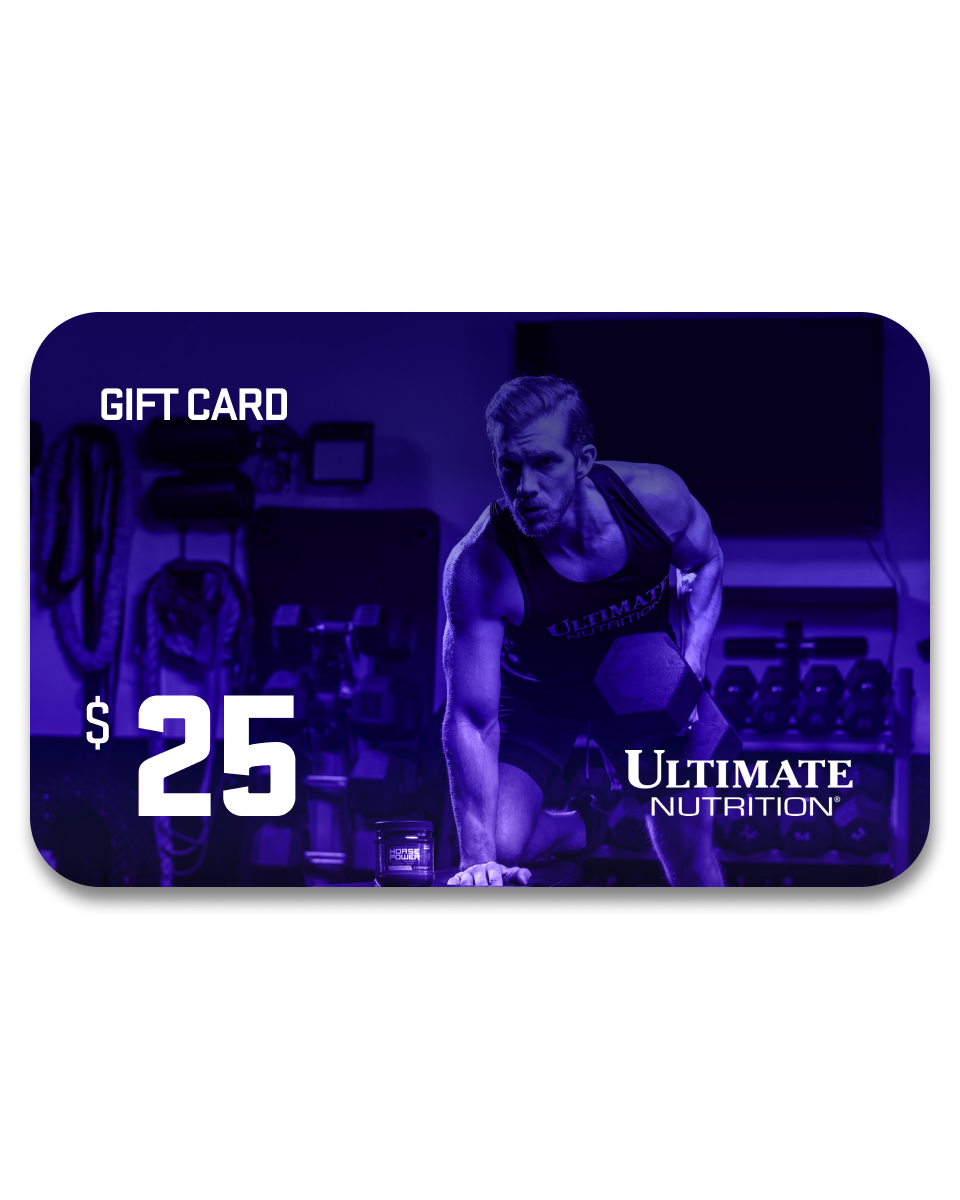
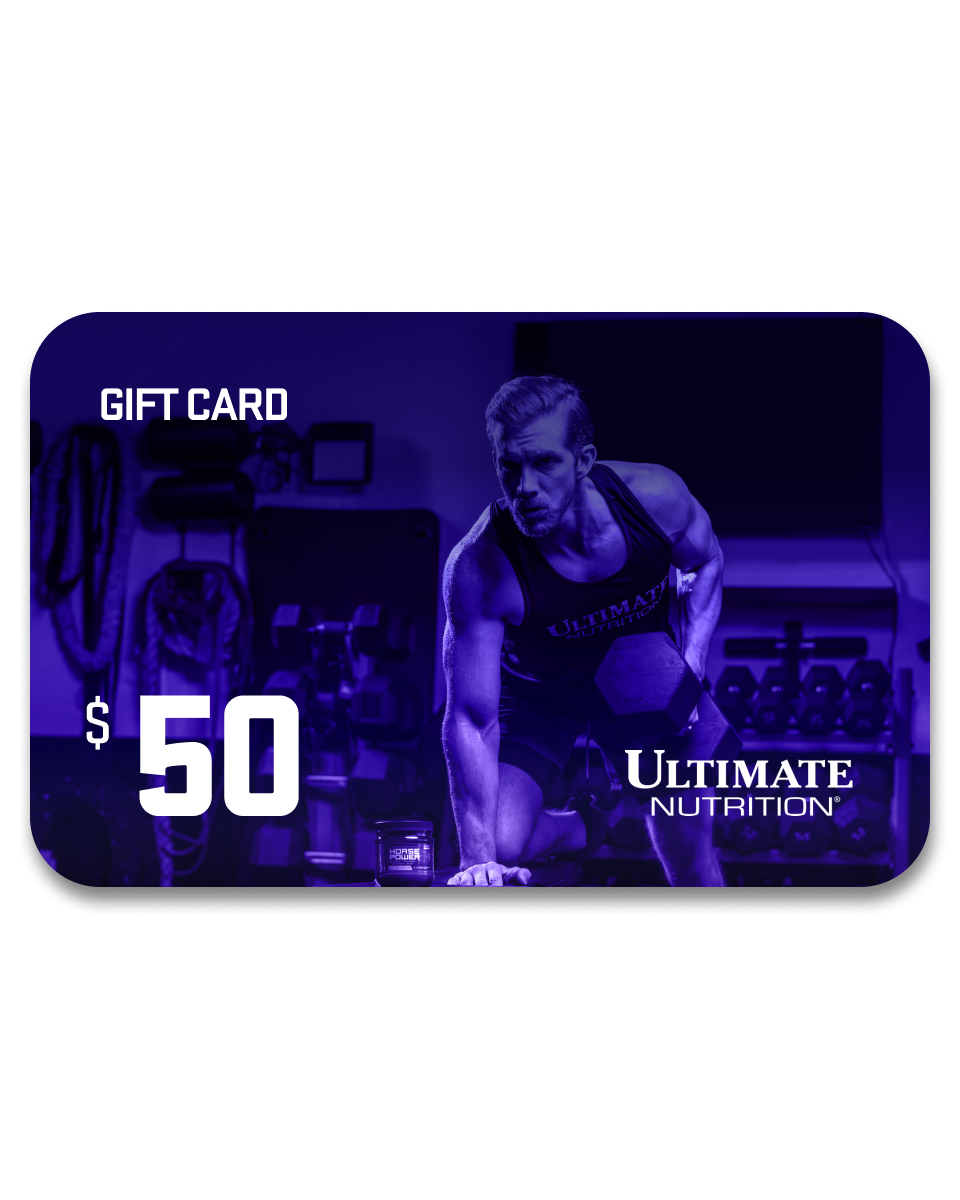
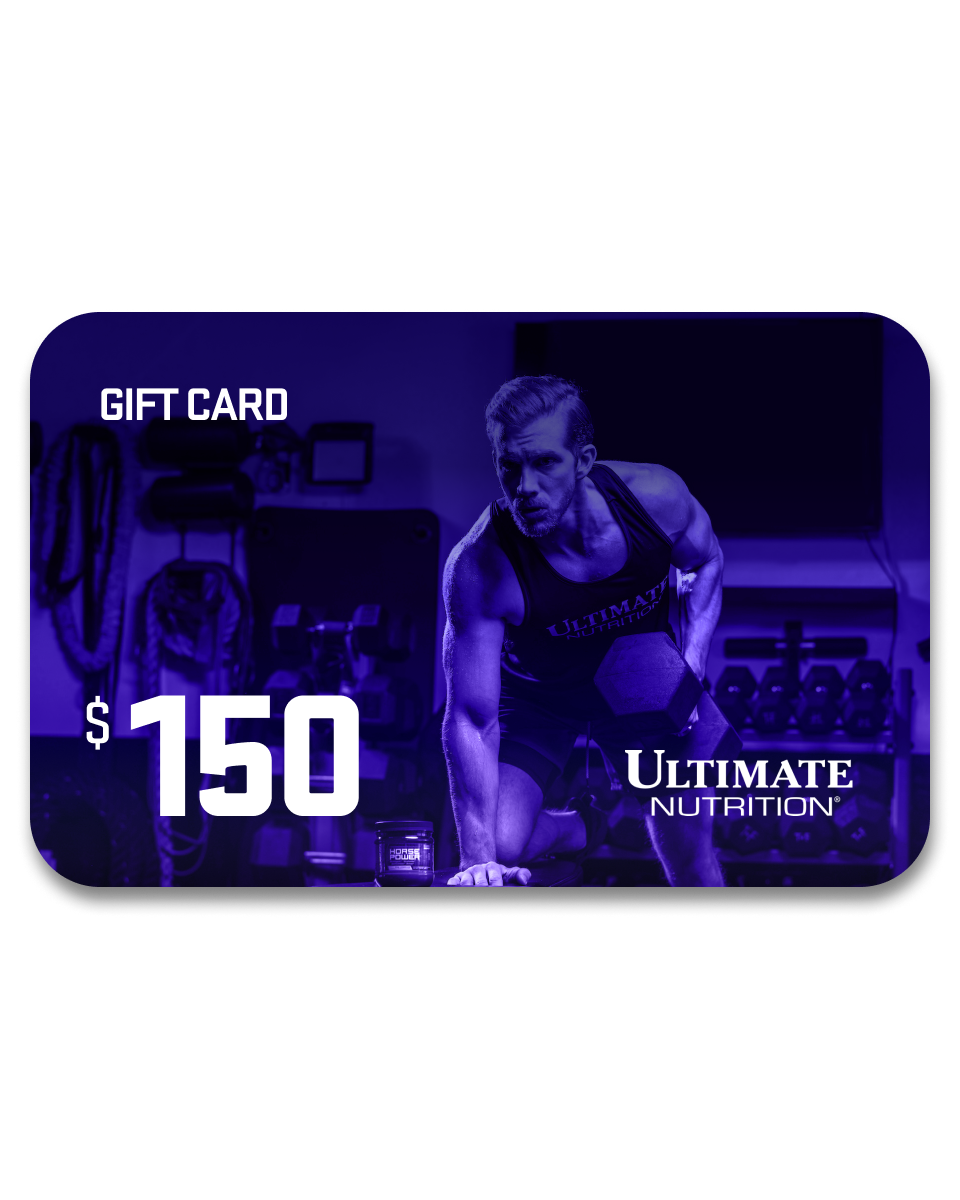
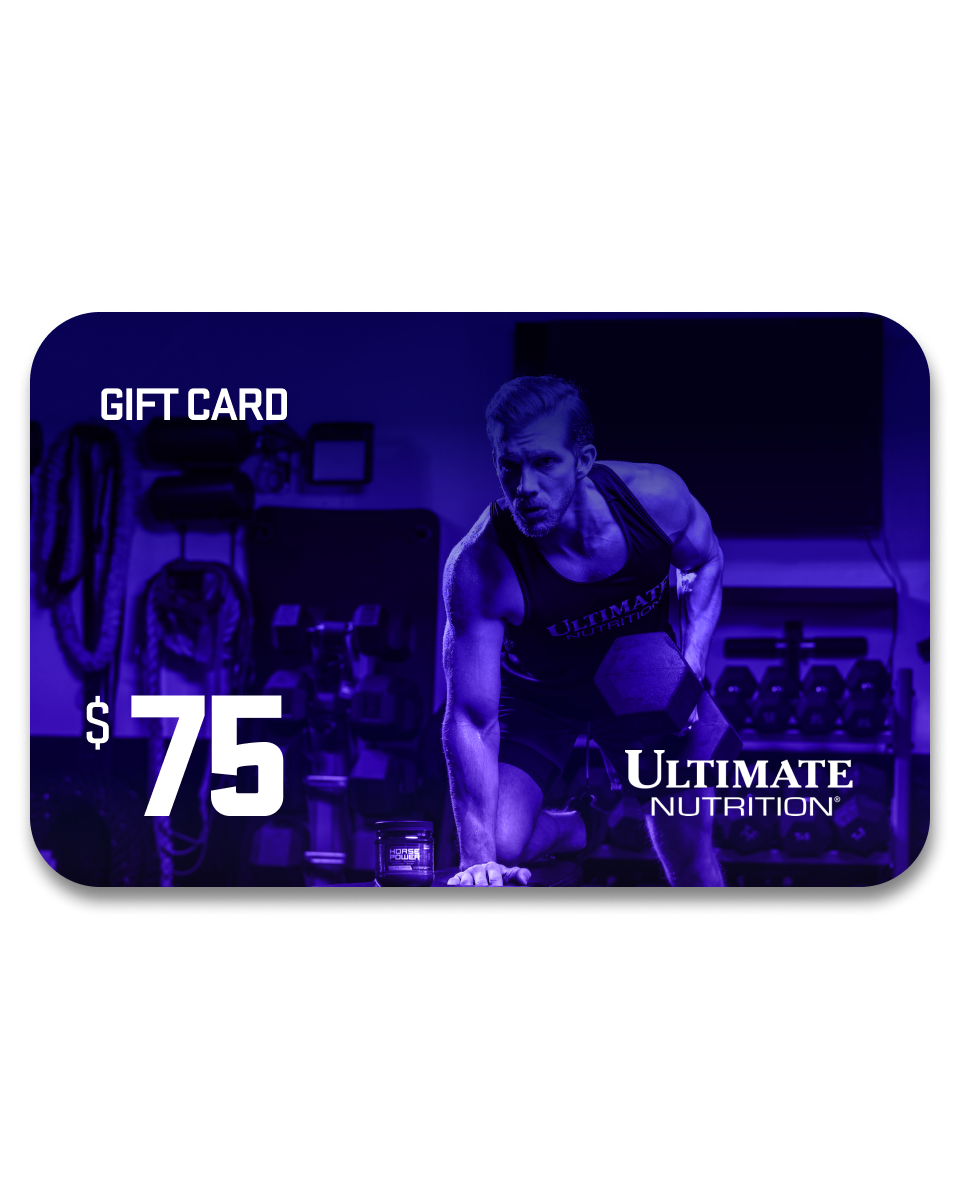
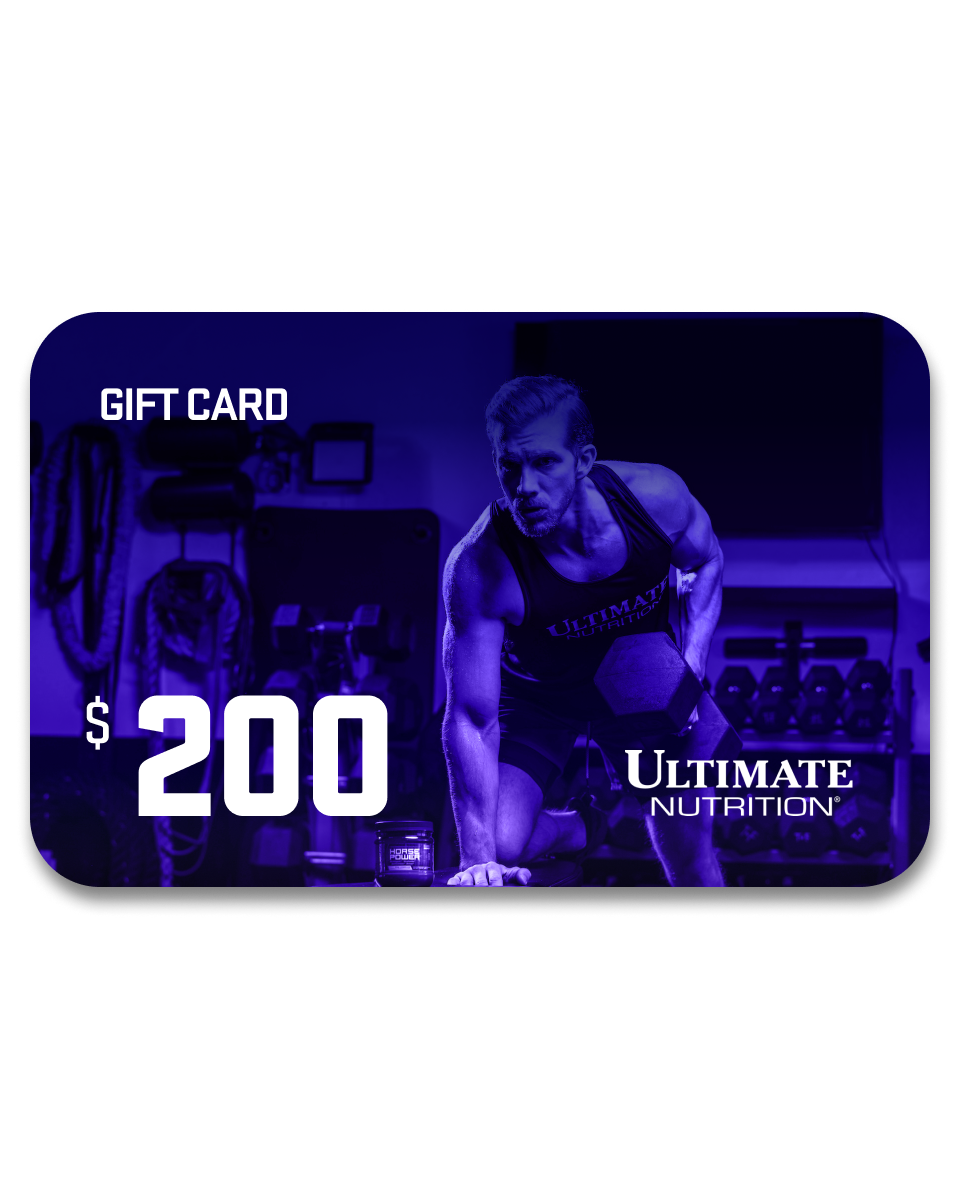
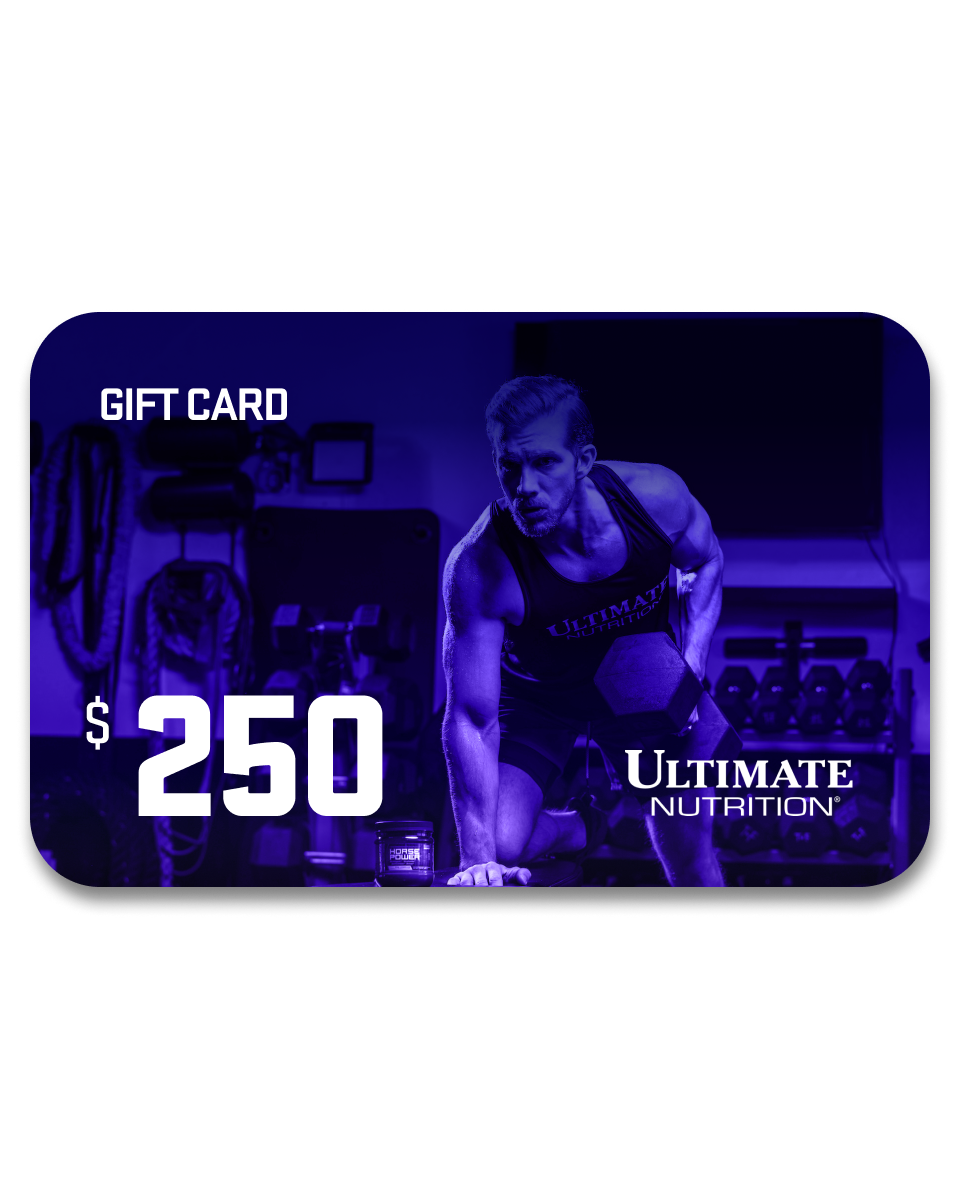
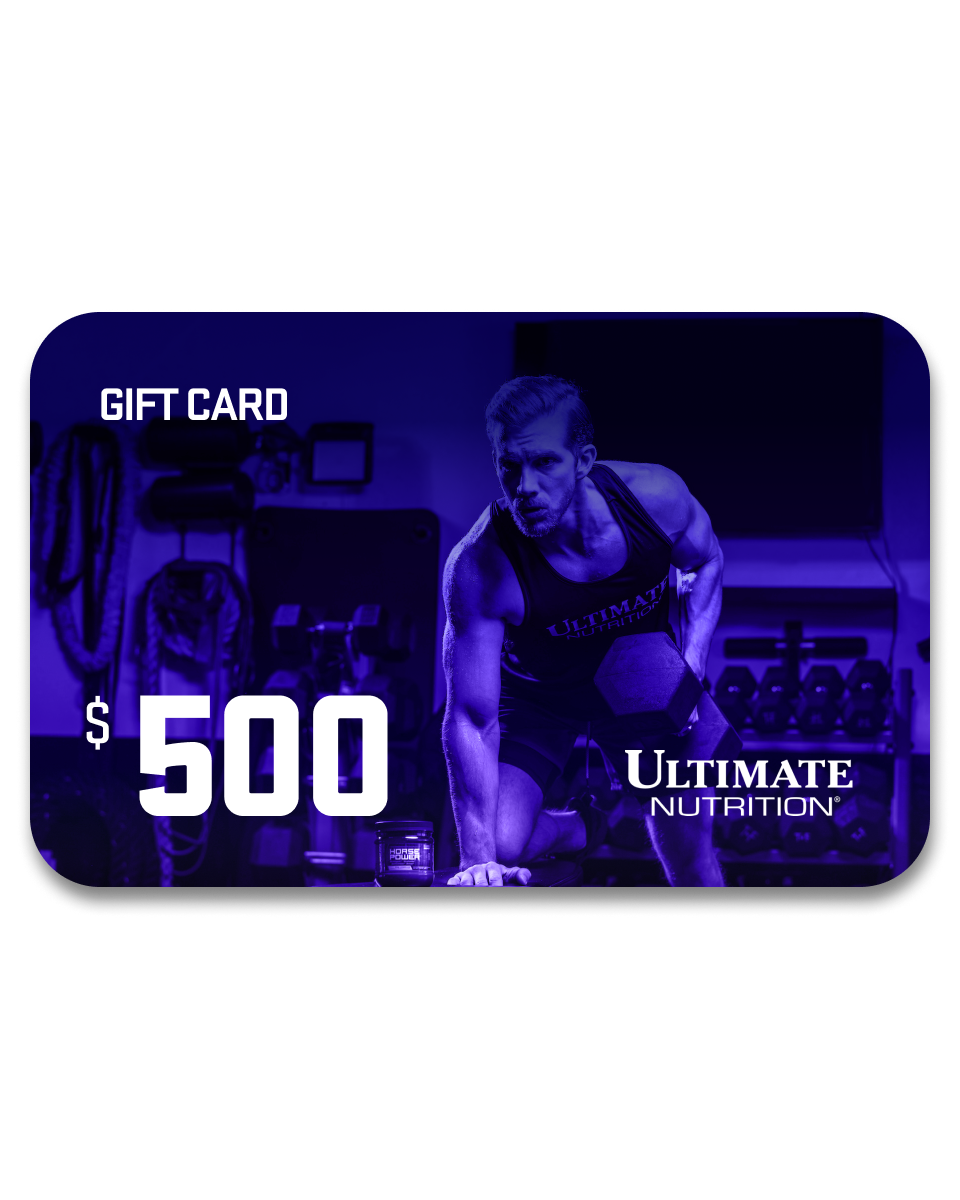
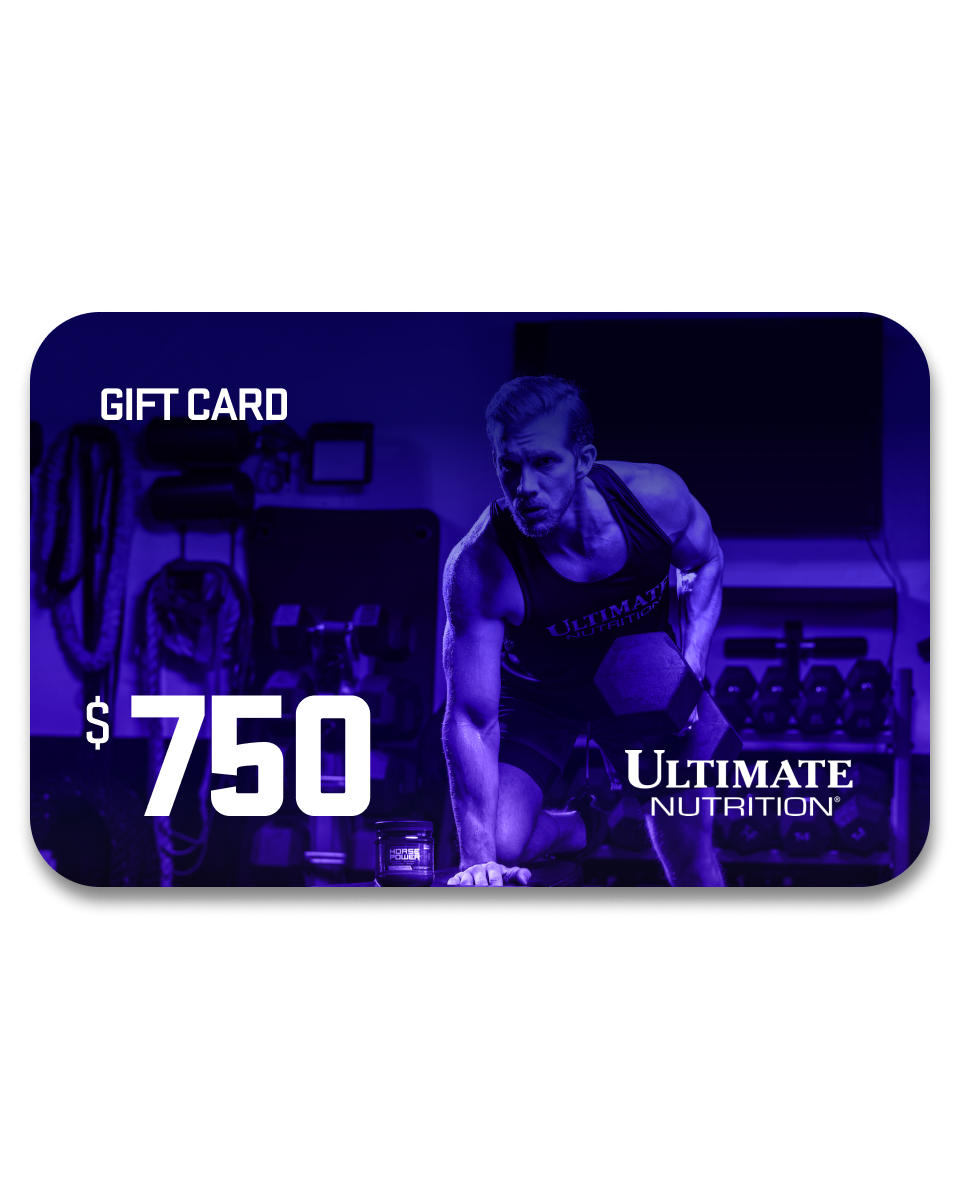
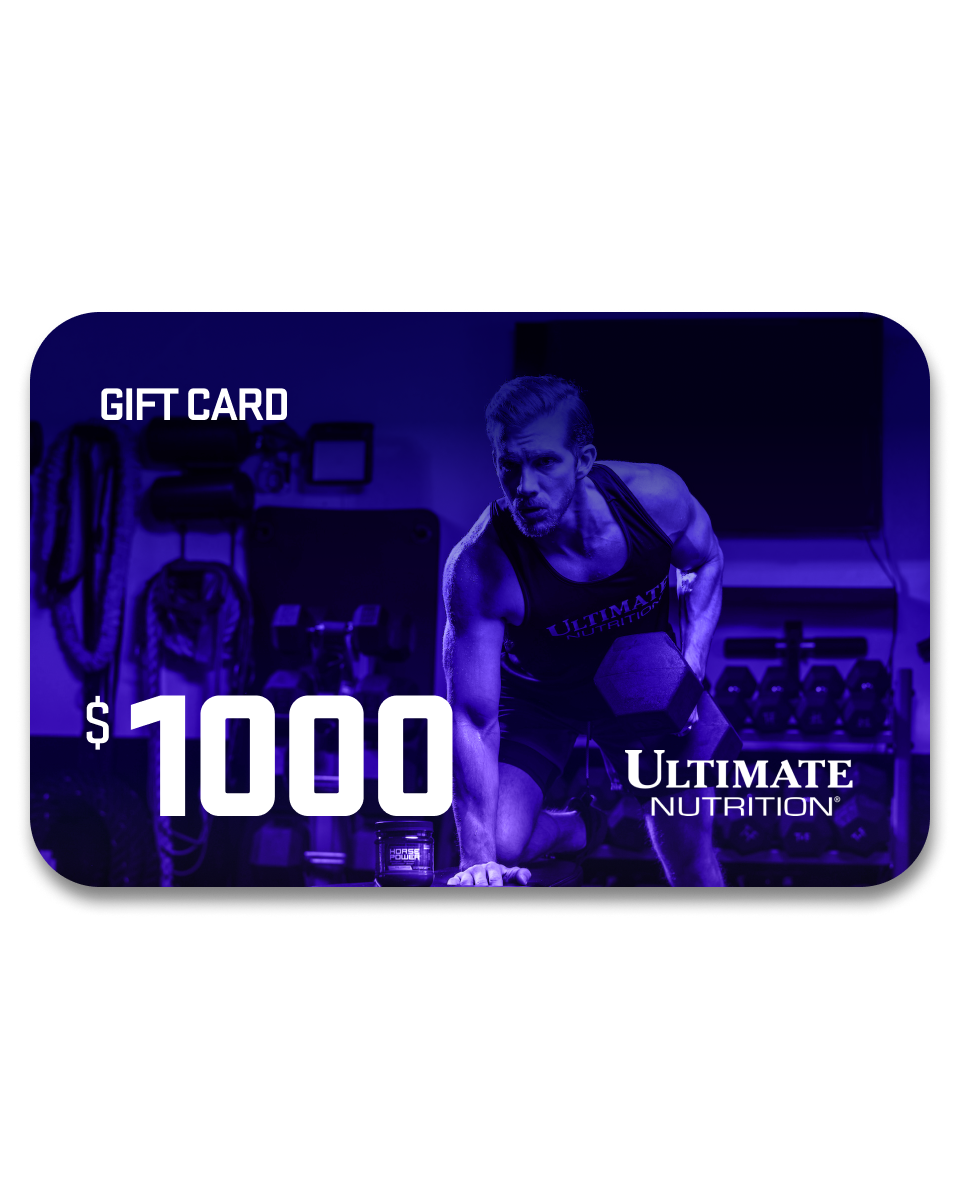


コメント
Great insights on how hydration supports performance and recovery! 💧 Consistent access to clean drinking water is essential, especially for active lifestyles. In Hyderabad, AIWE Waters provides reliable Bulk Drinking Water Distribution in 1L, 500ml, and 250ml bottles — perfect for gyms, offices, and events.